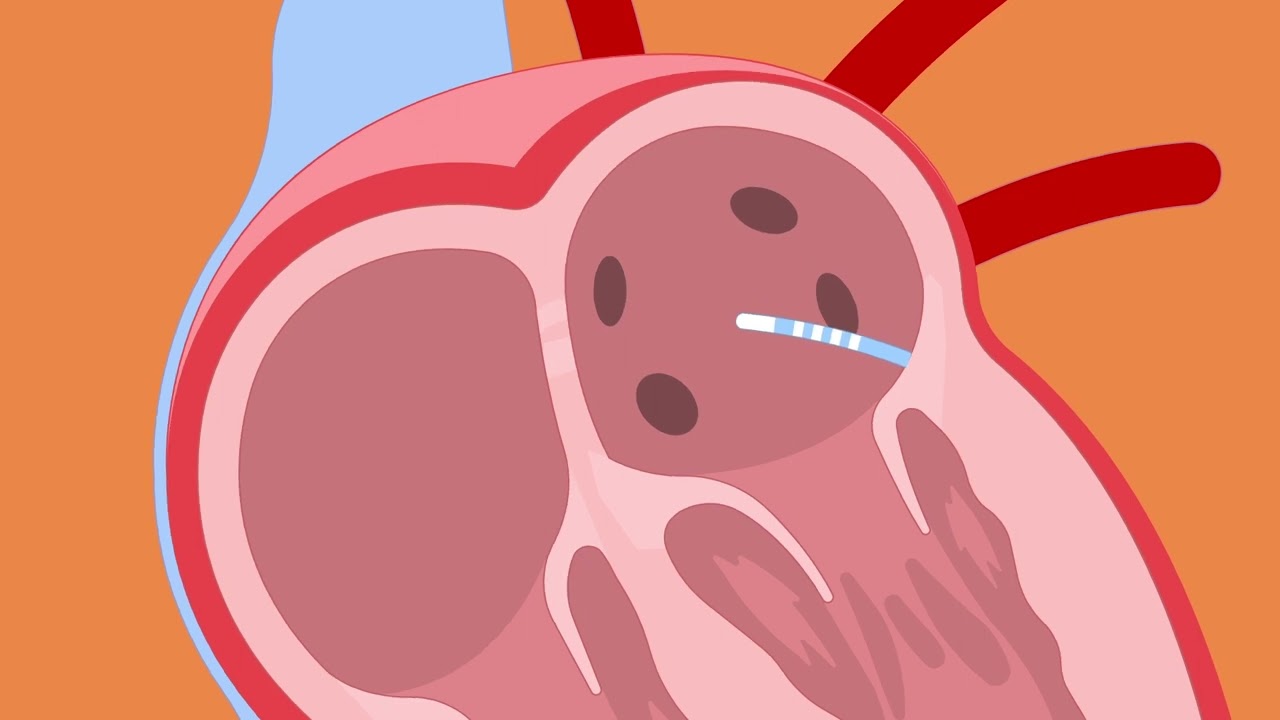Connecticut Children’s Pediatric Cardiac Catheterization Laboratory provides diagnostic and interventional procedures for neonates, children and adolescents. We also care for adults as part of our Adult Congenital Heart Disease Service.
What is Cardiac Catheterization?
Cardiac catheterization is a procedure used to evaluate and treat heart problems. This procedure may be necessary if a heart problem is suspected. It is intended as a diagnostic tool only. Sometimes it can fix or help with an abnormality, such as congenital heart defects.
A catheterization is performed with the use of thin, flexible tubes (catheters), which are inserted through the skin into a blood vessel (often the leg). Live x-ray images allow the physician to guide the catheters through the heart. Cardiac catheterizations are performed by a pediatric cardiologist with specialized training.


